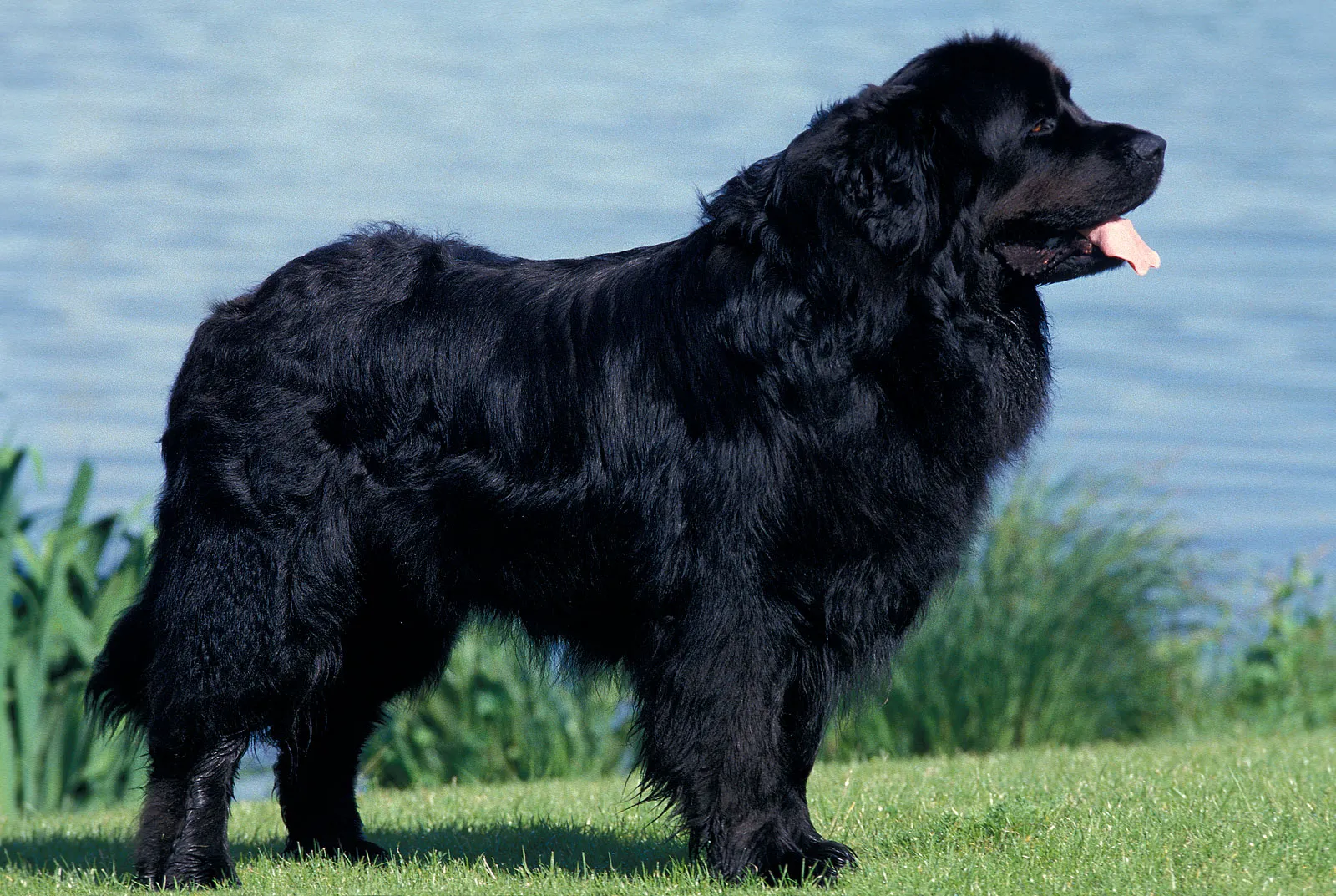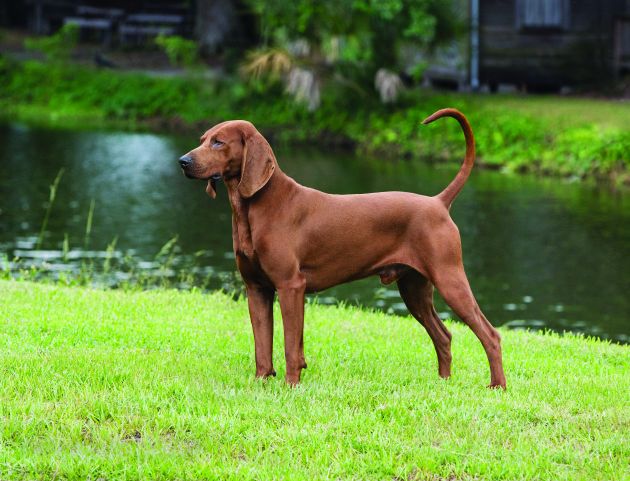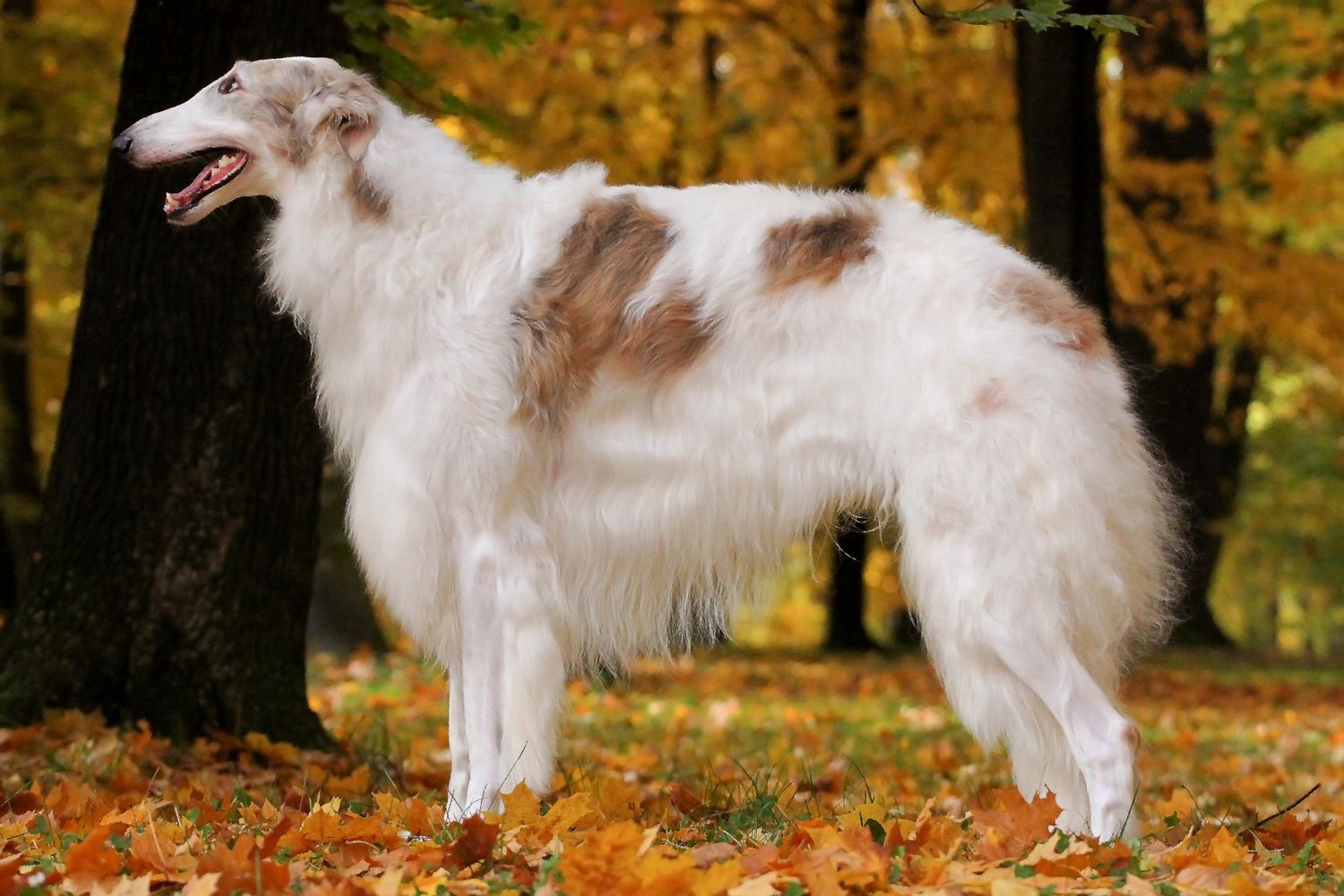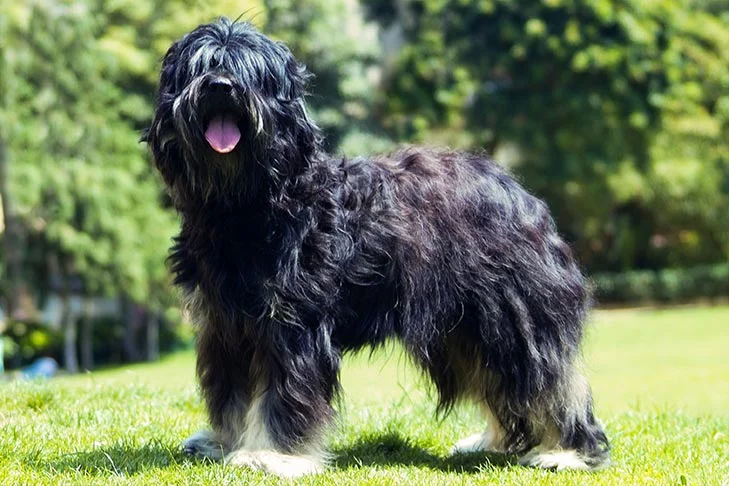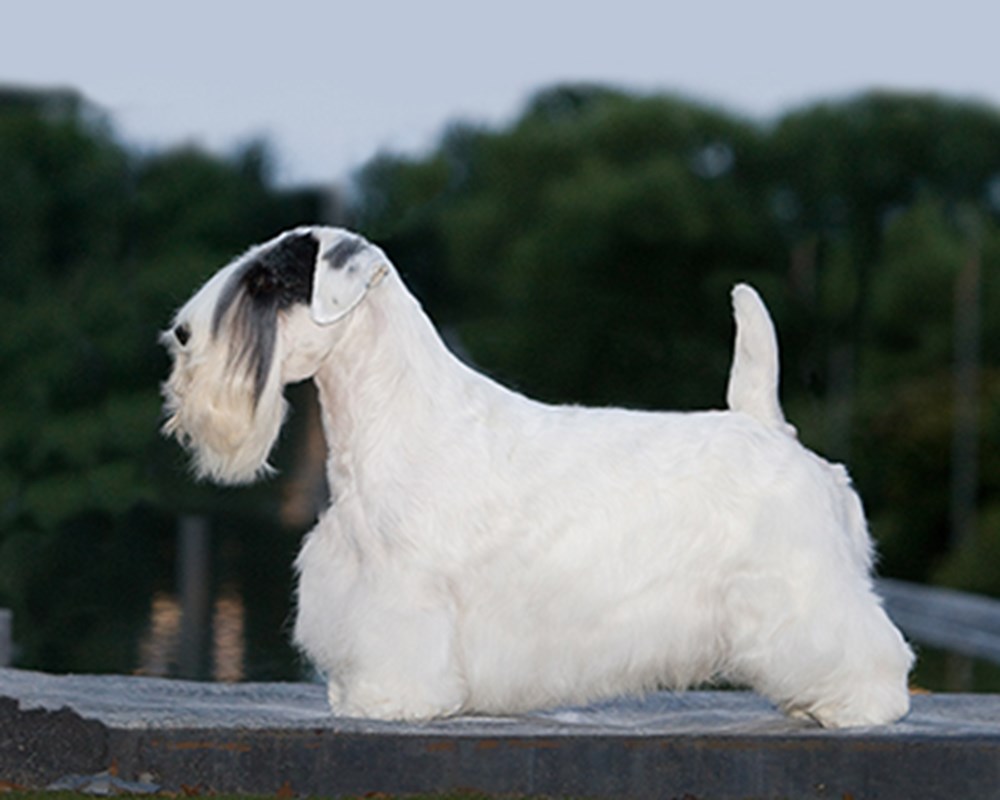Introduction
The Newfoundland, also known as Newfie, is a large and powerful breed that originated from the coast of Newfoundland, Canada. They were originally bred as working dogs for fishermen, where their strength and swimming abilities made them excellent rescue dogs. The Newfoundland is known for its sweet and gentle disposition, making them great family pets. They are highly trainable and loyal to their families, and often get along well with children and other pets.
Newfoundland Temperament
The Newfoundland breed is known for its gentle and sweet-natured temperament. They are loyal, affectionate, and protective of their families, making them excellent companions and family pets. Newfoundlands are also known for their intelligence and eagerness to please, which makes them highly trainable. They are patient with children and other animals, and their calm and gentle demeanor often makes them good therapy dogs.
Aggression
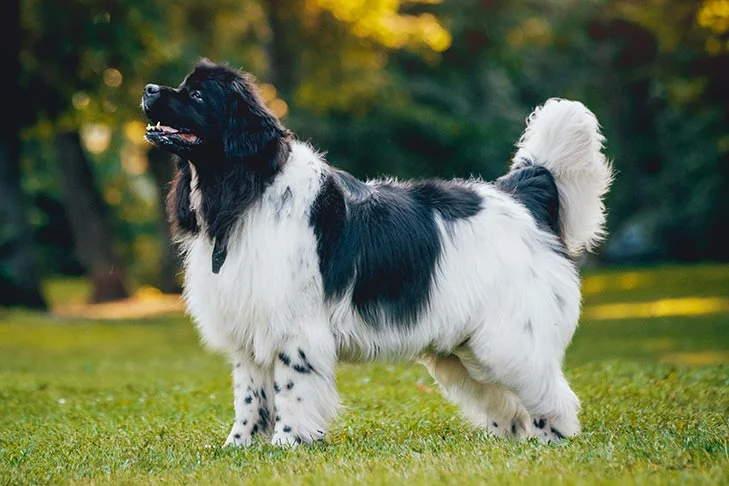
The Newfoundland is generally known for their gentle and friendly nature, but like any breed, they can exhibit aggressive behavior if they feel threatened or provoked. Poor socialization or training, fear, or medical issues can also contribute to aggressive behavior in Newfoundlands. It’s important for owners to provide their Newfoundland with proper socialization and obedience training from an early age. This will help prevent any aggressive behavior from developing and ensure that they are well-behaved companions. It’s also important to be aware of any signs of aggression, such as growling, snapping, or biting, and to address them immediately.
Health and Lifespan
The reported lifespan range of Newfoundland is typically between 8 to 10 years, although some may live longer with proper care and attention. Newfoundlands are prone to certain health issues such as hip and elbow dysplasia, heart problems, and bloat, so regular veterinary check-ups and proper nutrition are important for maintaining their health and longevity.
Food for Newfoundland
Due to their large size and unique nutritional needs, it’s important to choose a high-quality dog food that is specifically formulated for giant breeds like the Newfoundland. Look for a food that contains a balanced blend of protein, fat, and carbohydrates, as well as essential vitamins and minerals to support their overall health and well-being. It’s also important to monitor their calorie intake to prevent obesity, which can be a common problem in Newfoundlands. Consult with your veterinarian for specific recommendations on the best food for your Newfoundland based on their age, weight, and activity level. Additionally, feeding your Newfoundland smaller meals throughout the day can help prevent bloat, a serious condition that can occur in larger breeds. With the proper nutrition and care, your Newfoundland can live a healthy and happy life.
Training for Newfoundland
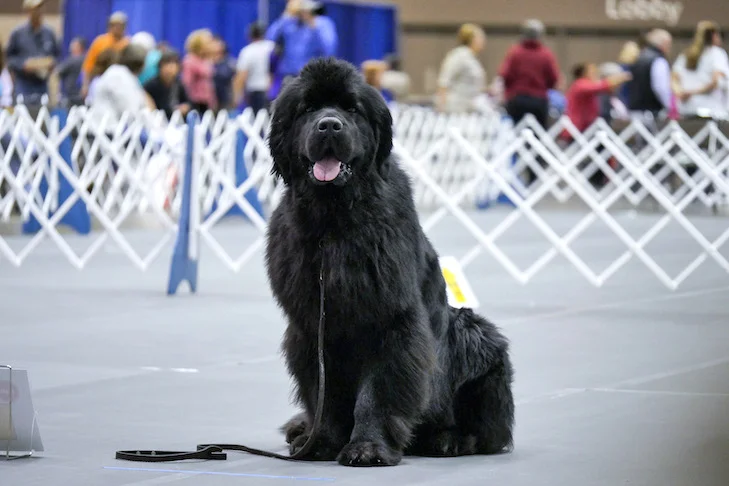
Training a Newfoundland requires patience, consistency, and positive reinforcement techniques. Start with basic obedience training, such as sit, stay, come, and heel, using rewards like treats and praise to encourage good behavior. Newfoundlands are intelligent dogs and respond well to positive reinforcement. As they progress, gradually introduce more complex commands and tasks.
Socialization is also important for Newfoundlands, so expose them to different people, animals, and environments from a young age to help them become well-adjusted and confident. Early socialization can also help prevent behavioral issues later on.
Conclusion
In conclusion, the Newfoundland is a gentle giant with a sweet and loving nature that makes them great family pets. However, they do require proper training, socialization, exercise, and nutrition to thrive as a companion. While they may exhibit aggressive behavior if provoked or poorly trained, early intervention and ongoing monitoring can prevent and address any issues. Choosing a high-quality dog food that is specifically formulated for giant breeds is important to support their overall health and well-being. With the right care and attention, the Newfoundland can make a wonderful and loyal addition to any family.
